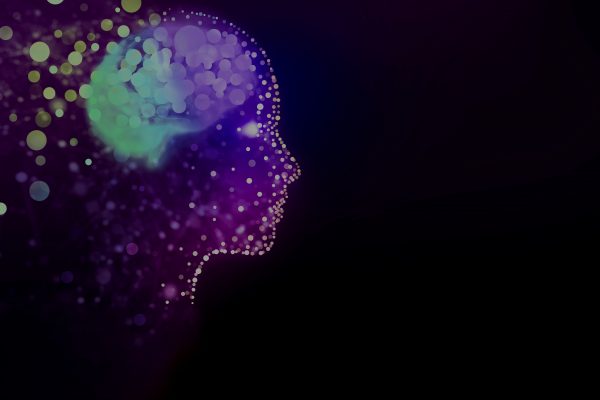- Research
Algorithms, machine learning, and automated systems have revolutionized the world of work, and given rise to a whole new set of social issues.

The use of algorithms, machine learning, and automated systems in businesses has grown by nearly 300% in the last five years.
The Québec economy has gone digital in recent years, a shift that has led to a collective reflection on the effects of artificial intelligence (AI) in the workplace and the ethical questions it raises. Mircea Vultur, a professor at Institut national de la recherche scientifique (INRS) and a member of the multidisciplinary committee of experts convened by the Commission de l’éthique en science et en technologie, has been studying this shift and its attendant issues.
“The use of algorithms, machine learning, and automated systems in businesses has grown by nearly 300%! It is critical that we consider the social implications of these changes.”
Mircea Vultur, expert specializing in work and professional integration
Vultur points to the competitive advantages and increased productivity afforded by AI, but also its dangers. His research focuses primarily on the ethical problems that arise from the adoption of AI, which has accelerated three trends in the world of work that predate the pandemic—telework, the use of digital platforms and e-commerce, and industrial automation.
With the arrival of algorithms in human resources management, companies can now monitor employee productivity remotely. As a result, telework is more likely to be used in situations where algorithmic management allows for precise monitoring of working hours and even employee movements. “This practice can lead to over-monitoring. There is a real risk of overstepping the boundary between work and private life. Furthermore, companies need to be transparent about the data they’re collecting on their employees, as many people aren’t necessarily aware of all the ways AI is being used in management,” Vultur says.
When it comes to businesses that primarily operate on digital platforms, such as the ridesharing company Uber, issues surrounding working conditions arise. “When you’re working alone, it can be a real challenge to organize collectively to ask for better benefits or working conditions,” Vultur says. Studies have shown that people in these types of jobs feel pressure to be constantly connected and available, so they, ofen have trouble logging off. “Algorithms create a high level of dependency, so workers effectively become subjugated by the platform,” he adds.
Digital skills
In industrial automation, artificial intelligence has led to some radical changes. Where the Industrial Revolution saw machines replacing physical labour, today we are seeing cognitive work replaced by information processing.
Will such automation lead to the loss of even more jobs? On this front, Vultur is optimistic. “I think what we’ll see is a change in the nature of jobs. Instead of physically performing the work themselves, people will assist a machine. So there’ll be a need for workers to develop new skills, more analytical than physical,” he explains.
Still, the development of artificial intelligence poses a challenge for Québec, whose economy is based mainly on small- and medium-sized businesses. Unlike large companies, these businesses need help from external resources to develop this kind of expertise. This challenge is also compounded by a shortage of skilled workers in all digital fields. “There simply aren’t enough candidates out there, so demand is very high for people with these skills,” Vultur notes. “The digital workforce also has a very high rate of turnover. Only 20% of people stay in the same organization for more than a few years. Skilled workers are spoiled for choice, so they’re going to take the jobs that offer the best benefits.”




